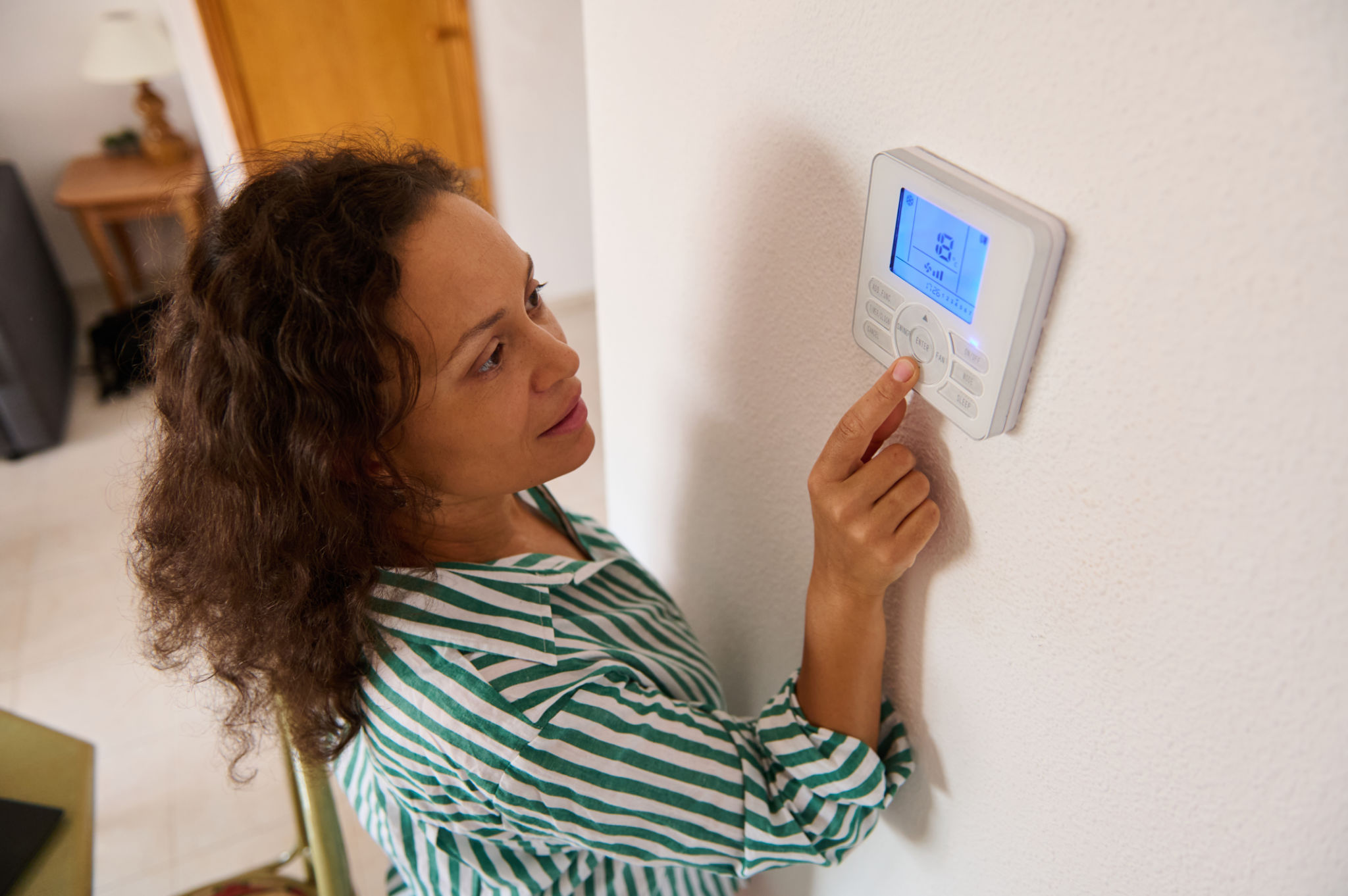Top Myths About Water Heaters Debunked
Understanding Common Misconceptions About Water Heaters
Water heaters are an essential part of modern living, yet they can often be misunderstood. Various myths surround them, leading to confusion and sometimes costly mistakes. Let's dive into some of these myths and debunk them with facts.

Myth 1: Bigger Water Heaters Are Always Better
Many people believe that a larger water heater will automatically provide better service because it holds more water. However, this isn't always the case. The size of the water heater you need depends on your household's specific needs, including the number of people and peak usage times. Oversizing can lead to unnecessary energy consumption, while undersizing can result in running out of hot water frequently.
Myth 2: Water Heaters Don't Require Maintenance
Another common myth is that once a water heater is installed, it doesn’t need regular maintenance. In reality, routine maintenance is crucial for the longevity and efficiency of your water heater. Regularly checking for leaks, flushing the tank to remove sediment, and inspecting the anode rod can prevent costly repairs and extend the life of the appliance.

Myth 3: All Water Heaters Are the Same
Not all water heaters are created equal. There are several types, including tankless, conventional, and solar water heaters, each with its own advantages and disadvantages. It's essential to understand the differences and choose the one that best fits your home's requirements. For instance, tankless water heaters are known for their energy efficiency but may not be suitable for larger households with high simultaneous hot water demands.
Myth 4: Turning Up the Thermostat Provides More Hot Water
Some believe that increasing the thermostat setting on their water heater will provide more hot water. While this might temporarily increase the water temperature, it can also lead to scalding hazards and increase energy consumption. The Department of Energy recommends setting the thermostat to 120°F for safety and efficiency.

Myth 5: Water Heaters Are Not Energy Efficient
It's often believed that water heaters are inherently inefficient. This myth likely stems from older models that lacked modern efficiency standards. Today, many water heaters are designed with energy-saving features. Look for units with a high energy factor (EF) rating and consider options like heat pump water heaters or those with high-efficiency condensing technology for better performance.
Conclusion
Understanding these common myths about water heaters can help you make more informed decisions about purchasing and maintaining your unit. Remember that proper sizing, regular maintenance, and choosing the right type of water heater for your needs are key factors in ensuring efficiency and longevity. By debunking these myths, you can enjoy reliable hot water without unnecessary costs or complications.
